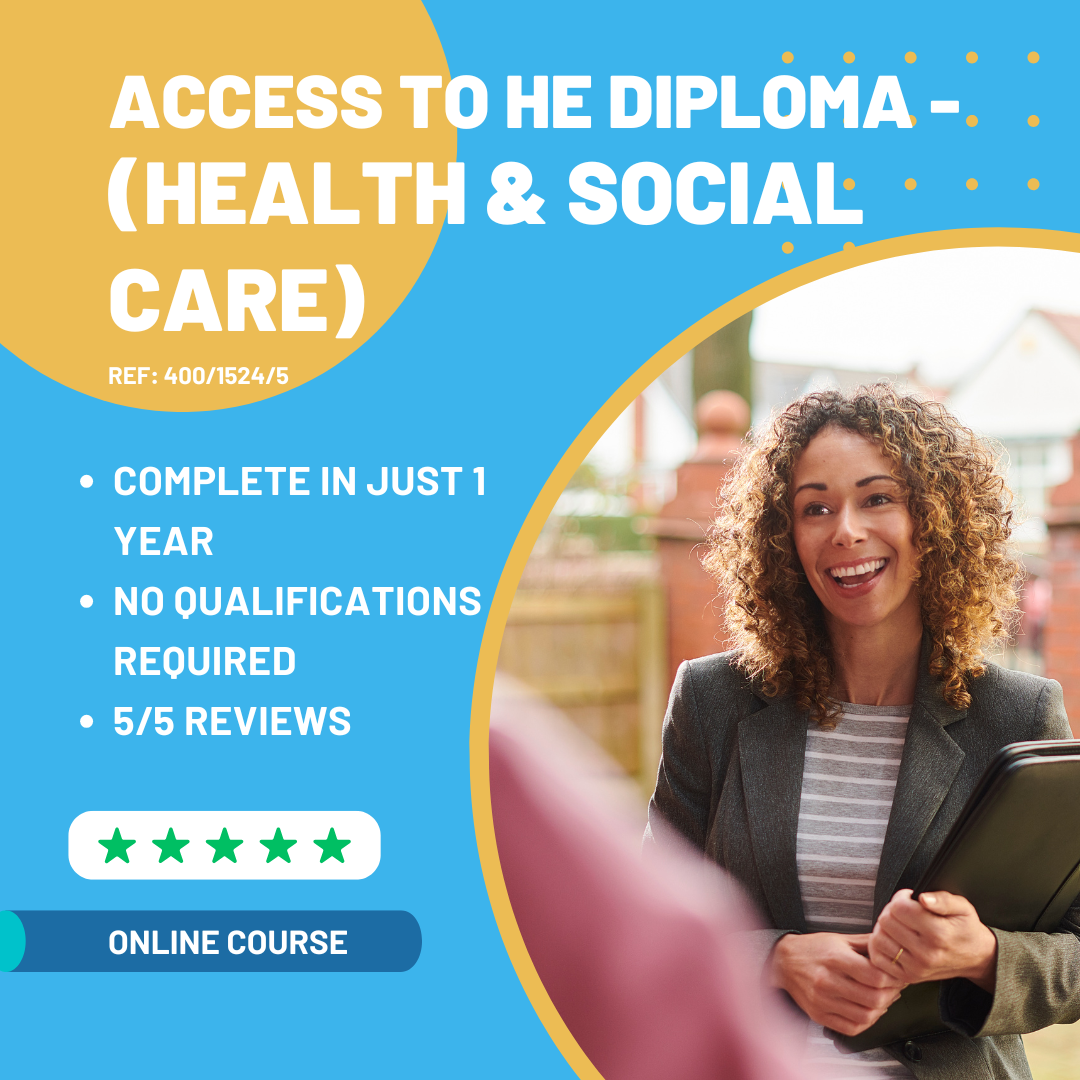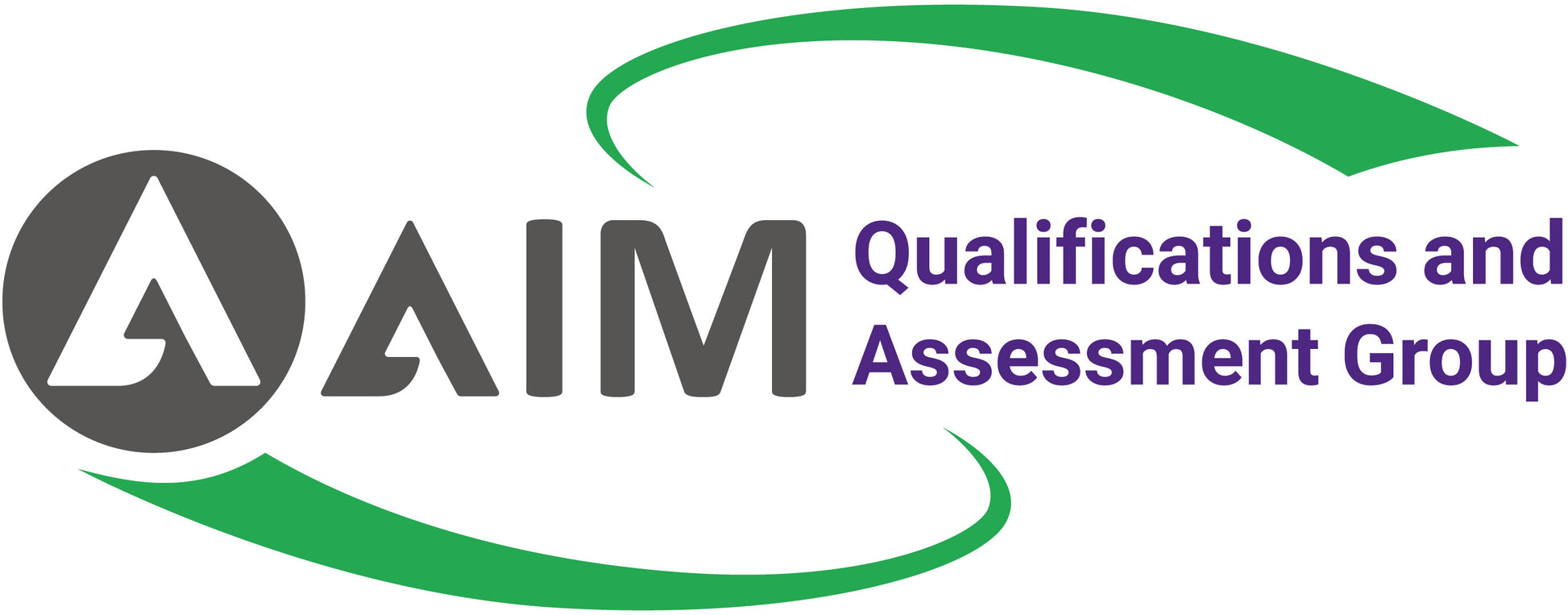AccessCoursesOnline
Access to HE Diploma (Health and Social Care)
Access to HE Diploma (Health and Social Care)
Couldn't load pickup availability
Course Outline
Course Outline
The Access to Higher Education Diploma (Health and Social Care) is a Level 3 qualification, regulated by AIM Qualifications and Assessment Group and recognised by universities across the UK.
The course combines:
Subject-specific knowledge in human biology, health studies, sociology, and social policy.
Practical and professional awareness of how the health and social care sectors operate.
Study skills and transferable abilities that support both university progression and career development.
By the end of the diploma, you’ll be fully prepared to apply for a wide range of health and social care-related degrees.
Modules
Modules
Academic Study Techniques (6 credits)
Learn the core academic skills for success in higher education. This unit covers essay planning, note-taking, referencing, and exam strategies. You’ll also strengthen your ability to work independently and manage your time effectively.Numeracy in a Health Context (3 credits)
Develop numeracy skills directly relevant to health and social care. Topics include data interpretation, measurements, drug dosage calculations, and analysing health statistics — all vital for healthcare practice.Preparing for a Higher Education Admission Interview (3 credits)
This unit prepares you for university applications and admissions. You’ll practise interview techniques, refine your personal statement, and build the confidence to present yourself effectively.Develop Critical Thinking (3 credits)
Build your ability to analyse arguments, question assumptions, and evaluate evidence. This unit helps you become a more independent learner and prepares you for the analytical demands of university study.Human Cell Biology (3 credits)
Explore the structure and function of cells, tissues, and organs. Topics include cell division, genetic information, and how cells contribute to human health.The Nervous System (3 credits)
Study the structure and function of the nervous system, including the brain, spinal cord, and nerve pathways. Learn how the nervous system controls body functions and responds to stimuli.Respiration & Circulation (3 credits)
Examine how oxygen is transported and used in the body. This unit looks at the respiratory and circulatory systems, including the heart, lungs, and blood vessels, and how they support life.Nutrition & Digestion (3 credits)
Understand how the body processes and uses food. You’ll study the digestive system, nutrient absorption, and the role of nutrition in maintaining health and preventing disease.Human Disease & Prevention (3 credits)
Explore common diseases, their causes, symptoms, and methods of prevention. Topics include infections, chronic illnesses, and public health strategies to reduce disease spread.Research Topic (6 credits)
Design and complete an independent research project on a health or social care issue of your choice. This unit builds research, analysis, and presentation skills essential for university study.Health Promotion (6 credits)
Learn how health promotion campaigns are designed and delivered. Topics include lifestyle choices, public health education, and strategies for improving community wellbeing.The Structure & Organisation of the Health and Social Care Sectors (3 credits)
Explore how health and social care services are organised and delivered in the UK. This unit looks at healthcare providers, funding, and the roles of different organisations in the system.The History of the National Health Service (3 credits)
Trace the development of the NHS from its origins to the present day. Examine key reforms, challenges, and its role in modern healthcare delivery.The Roles & Responsibilities of Healthcare Professionals (3 credits)
Understand the responsibilities of professionals such as doctors, nurses, social workers, and care assistants. Learn how these roles work together to deliver effective care.Ethical Issues in Social Policy (3 credits)
Analyse ethical challenges in health and social care policy. Topics include equality of access, distribution of resources, patient rights, and the balance between individual needs and public interest.Social Welfare in the UK (3 credits)
Study how welfare policies address issues such as poverty, unemployment, healthcare, and housing. Consider how social welfare affects individuals and communities.Sociology of the Family (3 credits)
Examine the family as a key social institution. Topics include family diversity, gender roles, child-rearing practices, and the impact of social change on family life.
Enrolment Requirements
Enrolment Requirements
There are no formal entry requirements, but learners are normally expected to be working at:
Level 2 in English
Level 2 in Mathematics
At Access Courses Online, we provide guidance before enrolment to ensure you are fully prepared and confident to succeed.
Assessments
Assessments
Assessment is by coursework, not exams. Assignments may include:
Essays and reports
Case studies
Research projects
Presentations
Reflective pieces
To achieve the qualification you must complete 60 credits:
45 graded credits at Level 3 (graded Pass, Merit, or Distinction).
15 ungraded credits at Level 2 or 3.
Your work will be internally assessed, with final grades confirmed by an Examination Board and externally moderated by AIM for quality assurance.
Qualification
Qualification
On successful completion, you will receive the QAA-recognised Access to Higher Education Diploma (Health and Social Care), Level 3 (OFQUAL Ref: 400/1524/5).
This diploma is awarded by AIM Qualifications and Assessment Group, regulated by Ofqual, the QAA, and Qualifications Wales. It is accepted by universities across the UK for entry into health and social care-related degrees.
Careers
Careers
This diploma prepares you for progression to degrees such as:
Nursing
Midwifery
Social Work
Public Health
Healthcare Management
Occupational Therapy
Health and Social Care Studies
With further study, career options include:
- Nurse or Midwife – delivering care in hospitals, clinics, or communities.
- Social Worker – supporting individuals and families through challenging circumstances.
- Public Health Practitioner – developing strategies to improve health across communities.
- Healthcare Manager – overseeing the delivery of healthcare services.
- Occupational Therapist – helping people recover independence and quality of life.
- Care Coordinator – managing care services for vulnerable individuals.
This diploma gives you the foundation for a meaningful and rewarding career in health and social care.
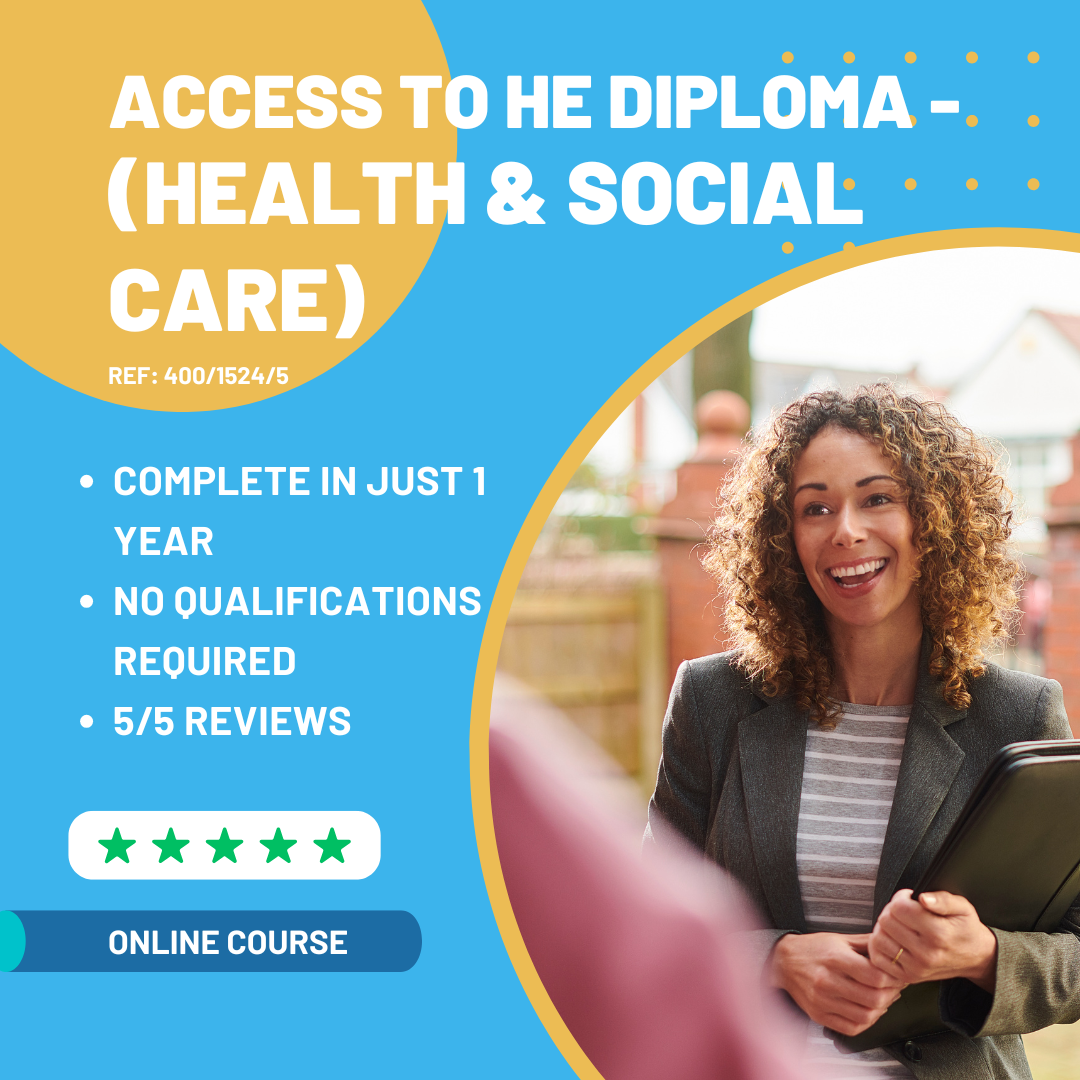
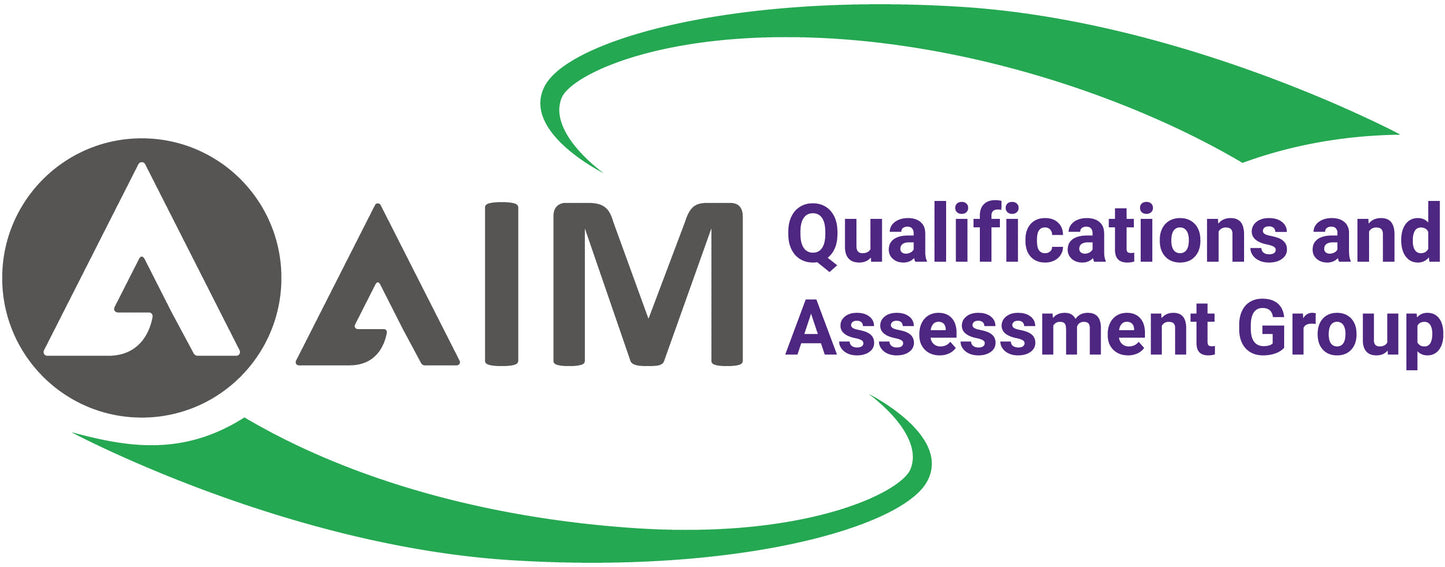

Our Guarantees
-

Affordable Learning
We offer flexible payment plans to make learning more accessible and affordable. Spread the cost of your course over manageable monthly payments, so you can focus on achieving your goals without financial stress.
-
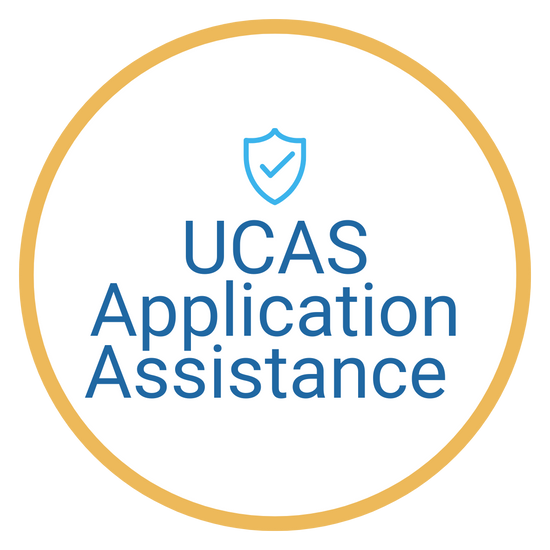
Application Support
We provide UCAS application support to help you navigate the university admissions process with confidence. From personal statement guidance to application tips, we’re here to support your journey to higher education.
-
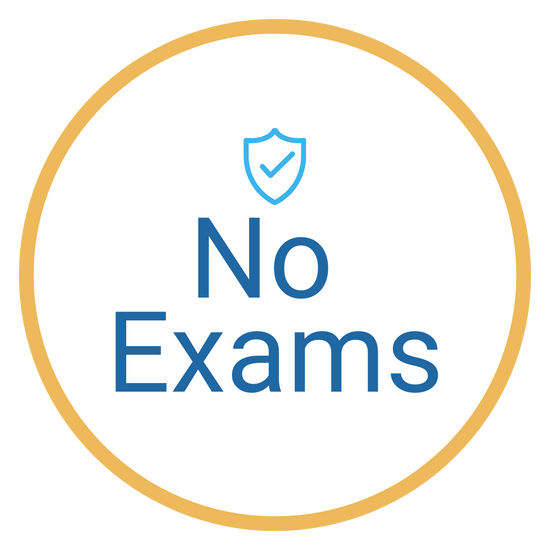
Exam Free Learning
Our courses are completely exam free. Instead of exams, you'll complete assignments and coursework designed to develop your knowledge and skills in a supportive and flexible learning environment.
Meet your expert friendly tutor
FAQs
Health and Social Care
What jobs can I do after completing this diploma?
The diploma itself is a stepping stone to university, rather than a direct job-qualifying course. Most learners use it to progress into higher education. However, it opens pathways to careers in:
· Nursing, midwifery, or paramedicine
· Social work and community care
· Occupational therapy, physiotherapy, or counselling
· Public health and health promotion
· Education and child development roles
With further study at university level, the diploma leads to rewarding careers across the health and social care sector.
Tutoring
Who will be my Tutor?
We have professionals that are current in their practice of their chosen fields to support you. For example, you will be able to take directly to a Midwife/Nurse and get guidance and support directly from these professionals as you complete your course.
This is on top of a Faculty Leader in Science who has worked as a Science Teacher for more than 10 years.
Will I get some 1:1 support?
Yes! We help our students personally navigate their career options with online video calls and messenger chats.
We provide 1-1 specialist support to you when you need it.
Working in partnership with you, we will provide a personal service of meeting individual educational needs and career options.
Experience
Do I need to be ‘good’ at science?
You experience of science at school will likely be in an exam-based system that places high importance on being able to remember knowledge and ‘perform’ under exam conditions. This course is completely different, instead of covering vast discipline of science this course focussing on the key foundation knowledge that you’ll need in the next step of your learning journey. Teaching difficult concepts is our expertise, we will meet you where you are and get you where you need to be. By the end of the course, you’ll love science and have produced some useful learning resources to take you into your next stages of study.
I’m anxious about sitting exams, will I have to sit exams either face-to-face or online?
This course is completely online, and you’ll be glad to hear that there are no exams. The course leader will assess your understanding and knowledge of the subject but setting you assessments with clear criteria and assessment descriptors. You will submit your assignment for grading, either ‘pass’, ‘merit’ or ‘distinction’.
I’m nervous to present or talk to the group online, will I be forced to do this?
We will meet you where you are, if you want to develop this skill ready for university then we can arrange smaller group sessions or one-to-one sessions to support you, or you can choose an alternative format for your presentation. We want you to feel comfortable and supported on this course.
University
Will I have support applying for university?
Absolutely, we will hold your hand every step of the way, you can talk to us about course choices, we’ll help proofread your personal statement, provide references. As promised, we will get you to university.
I haven’t decided which exact route I’d like to take within the profession, does it matter?
No, not at all, we’ll introduce you to a number of different professionals within the health services so you can hear about their journey, experience and careers.
Lessons
Will I have to do practical experiments at home?
The investigation skills unit is based around a practical investigation of red peppers. The equipment that you’ll need is limited to things you’d find in your kitchen but you don’t need to carry out the investigation yourself if you don’t want to as your course leader will demonstrate it.
What are the assignments like?
We set a variety of assignments that will set you up with skills that will be useful in your future studying and career. We encourage essay writing with referencing, but don’t worry, we’ll show you how! We also set presentations, video tasks, leaflet and poster design and we show you how to use great free tools like Canva to make it super easy.
Do I have to attend live lessons and switch my camera on?
No, not at all. Many of our students are busy people working shifts and managing several commitments. You can watch the session recordings and then arrange a time to meet with your tutor to ask any questions or get further support. As for the camera, switch it on if you feel comfortable, don’t worry if not. We’ve created a culture of supportive and collaborative students in our online community, but all approaches are respected and accepted. Do what makes you feel comfortable.

